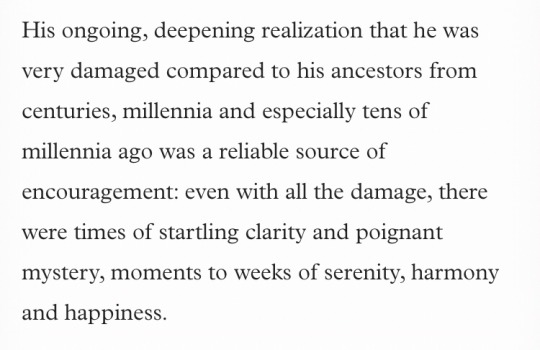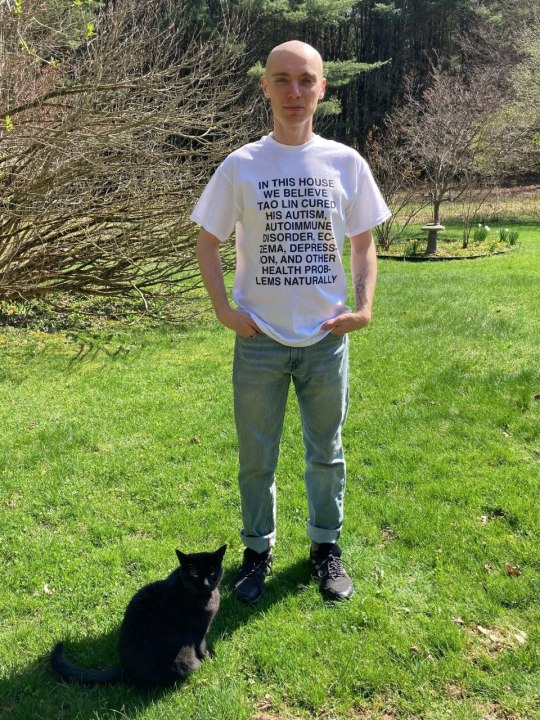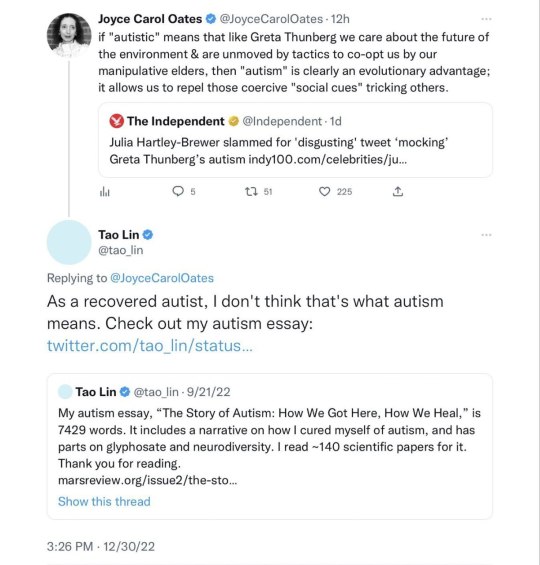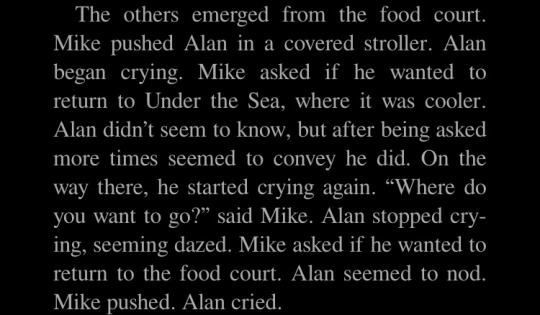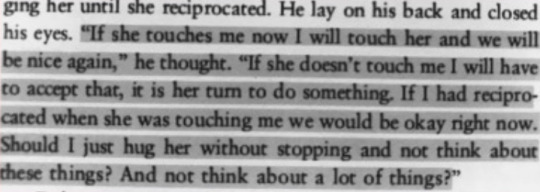#tao lin
Photo
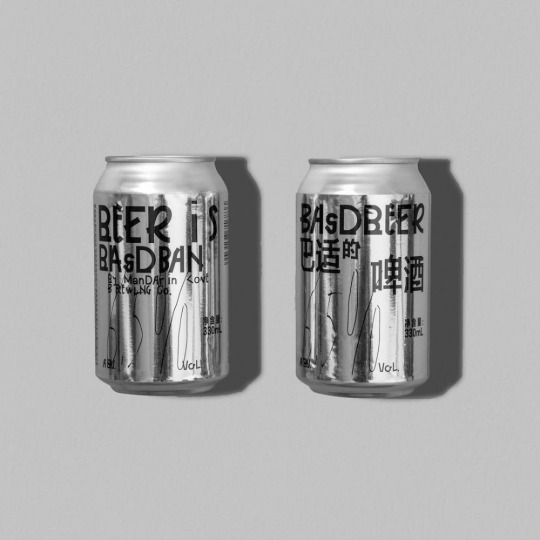
Tao Lin / Basdban / Packaging / 2020
60 notes
·
View notes
Text

Star Mandala / Tao Lin / 2022
15 notes
·
View notes
Text

#girlblogging#autofiction#marie calloway#tao lin#book inspo#virginsuicides#memoir#pale blog#girlblog
4 notes
·
View notes
Text
Going to a party where an art ho does ketamine with an ex-nfl player next to an autistic racist who won’t shut up about the moon landing is not fascism, it’s just a good party; and fiction that is insufficiently progressive is still fiction, and should be judged on literary merit—it’s not ���blah blah blah fascist influence
-Jordan Castro
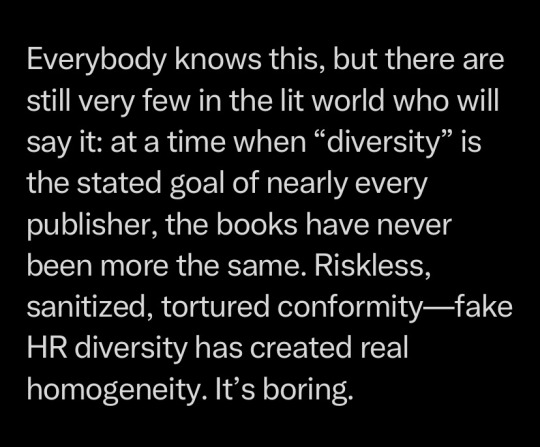
2 notes
·
View notes
Text
Throw the bubblegum machine from the second floor to the first floor
a poem written by a bear
by Tao Lin
let me go eat some salmon
why are there coke cans in the river
what if i wore a bullet proof vest during hunting season
i’m a bear; i walk in the forest and look at the river and the river is cold
i saw campers today and they ran away and i was alone and i destroyed their tent
let me go scratch my paw on a tree
let me go eat a salmon
last night i cried onto my salmon
the salmon was sad but it still wanted to live
it wanted to swim and be sad and i ate it under moonlight
i saw a moose scream the other day
it screamed quietly under a tree
i felt embarrassed and sad and i thought, ‘oh, no; oh god, oh my god’
sometimes i climb a tree and sit there and sing very quietly
sometimes i want to go to a shopping mall and chase the humans and claw them
i’ll ride the moose into the shopping mall and ram the humans
the moose and i will ride the escalator and i will hug the moose and the moose and i will cry
i will eat the moose
i don’t care
i will scream and throw the bubblegum machine from the second floor to the first floor
i felt compassion for the salmon and now i don’t care anymore
i’ll walk into a parking lot and chase a large human and hug the human and cry
i’ll walk into a house at night and push the humans off the bed
i’ll stare at the bed and i’ll feel fake
2 notes
·
View notes
Text


1 note
·
View note
Text
we’re reading alt-lit in class and megan boyle and tao lin make me .. feel. idk what it is they make me feel but It Sure Is Something.
1 note
·
View note
Text
Erin grasped the floor of an invisible opening midair with both arms extended, not fully, above her. Paul, staring with earnest astonishment, imagined a ventilation-system-like tunnel and pulled her arms down while trying to feign an expression of "feigned disgust unsuccessfully concealing immense excitement," as if Erin had unknowingly discovered the entrance to a place Paul had recently stopped trying (after a decade of research, massive debt, the inadvertent nurturing of an antisocial personality) to locate.
from Taipei, by Tao Lin
#quotes#tao lin#i know this is incoherent out of context and is strange in context but it's such a good example of everything I love about#what he conveys in this book idk
1 note
·
View note
Note
Was just reading your now nearly decade old piece on “Penitential Realism”- I dig the term, it’s probably a more useful way to look at the (still) currently prevailing vein of literary fiction than the other term one often hears (and irresponsibly throws around.)* I wonder if you’d add anything to it ten years on- how do you see your idea having held up, what would you add or subtract from it?
* Autofiction, sure but Renata Adler is autofiction if anybody is, and Speedboat is a delightfully funny book, whereas it’s that bruised, wounded confusion we’re expected to take deadly-seriously that I suppose really bugs me about so much of this stuff, especially knowing the class of person who produces it. (Not saying you can only write what you know of course, but part of why Beckett works is that he actually beheld the burning cities- but even then think of Vonnegut, who I don’t really like either)
Thanks—the reference is to an essay of mine from 10 years ago (!) trying to define the prevailing mood of then-contemporary fiction after the waning of what James Wood had called "hysterical realism."
I think the piece holds up well enough, except that some of the books, hyped at the time, are now forgotten, which fortifies me in my resolve not to read hyped-up new fiction lest I fall for another Submergence.
I like almost every book on that list less now than I did then, and I didn't like a lot of them then. I exempt Ishiguro, who possesses an ineffable genius irreducible to categories, and won't judge late DeLillo too harshly given the strength of his best work; I've always been ambivalent about Sebald, finding him gimmicky and even somewhat tacky with his "after Auschwitz" mode of goth glamor, though he is, in his way, entertaining; Coetzee was an enthusiasm I haven't been able to sustain, and I suspect I liked him as much as I did at one point less on the actual strength of his work (so dry, so spare!) than because of the types of positions his work allowed one to take in academe (i.e., burdened by conscience but still formalist and non-Marxist), which I no longer care about at all; I have no opinions about the other novels on the list nor do I even really remember them. I don't have the same ambition to survey my contemporaries the way I did then; I'm too (apologizes to the forgotten Ledgard) submerged in my own work and its dialogue with the literary dead and the unliterary present.
I will say this: I've recently mentioned Leave Society and My Year of Rest and Relaxation. These might be the two most prominent American literary novels of the last half decade. They actually found a popular or pop-cult audience and were even read across the political spectrum. They superficially seem to resemble penitential realism—they're short and benumbed and burdened with suffering—except that each is its way finally light, affirmative, wholly jailbroken, in a way that the prior books aren't, even thought the "out" in both cases is somewhat mystical (Li's psychedelia, Year girl's perceptual awakening). It occurs to me that this is also true in its heavier Dostoevskean way of Coetzee's Jesus trilogy, which concluded in the same period, and of Ishiguro's strangely luminous fable Klara and the Sun, too. An open mysticism or sense of the numinous or even religiosity seems to be coming in.
This turn to the beyond is probably a step in the right direction, but still, a lot of new books seem—I rarely finish new books—to be very "I" oriented and small. I almost want to say, "Come back, hysterical realism, all is forgiven!" Not really; the flaws Wood noted in that mode were there, especially its facetiousness in figures like Rushdie, Pynchon, and Wallace (not DeLillo).
As the polemical, almost belligerent omniscience of Major Arcana indicates, however, I believe it's time to maximize and to universalize again—to "affirm and persist" as the manifestation coaches say. Writing little "me" stories won't save us from the fact that writing is a hostile act (as Didion told us) and an arrogant one (as Vidal maintained). If we're going to presume to write at all, we might as well try to wrestle the whole world to the ground—and not in a cell, but in the open air.
#creative writing#literature#literary criticism#contemporary fiction#tao lin#ottessa moshfegh#kazuo ishiguro#j. m. coetzee#w. g. sebald
1 note
·
View note
